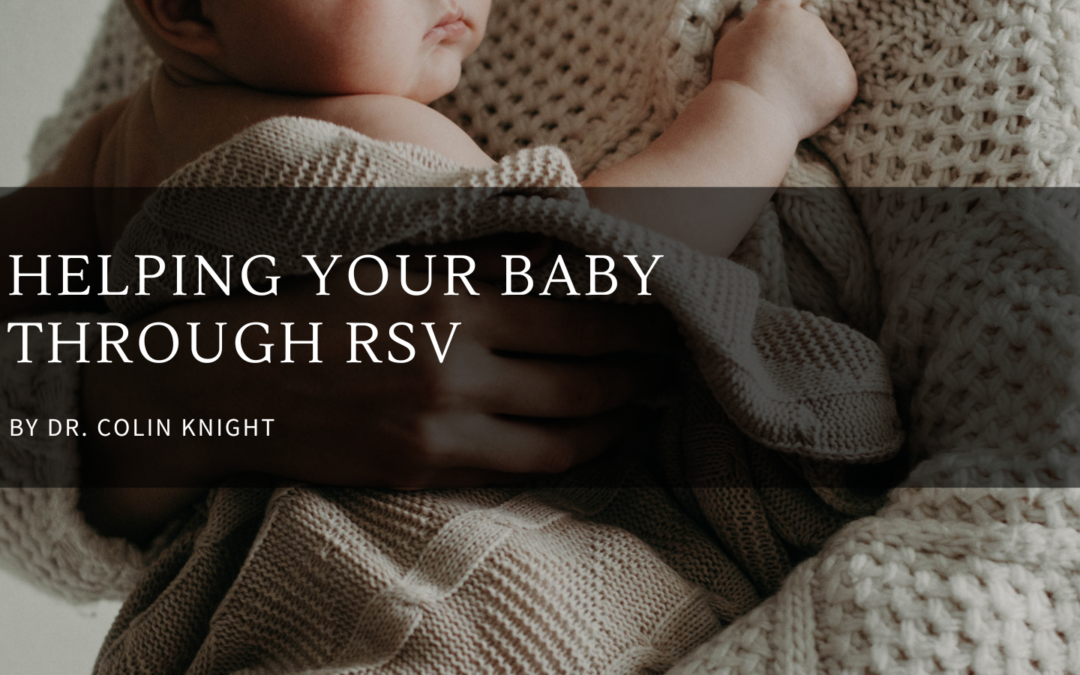Most kids get a respiratory syncytial virus, or RSV, at least once before they turn two. However, some kids get very sick with the respiratory syncytial virus. This illness usually starts in the late fall and early spring. It can affect different regions of the country.
Following the introduction of COVID-19 mitigation practices in 2020, RSV cases decreased. However, a rise in cases was seen in 2021. This year, the illness started earlier than usual. Other respiratory diseases, such as influenza, were also reported earlier.
Diagnosis
When diagnosing a child with a respiratory illness, such as a cold or a cough, a physical exam is performed by a pediatrician. A nasal swab test is then conducted to check for the presence of the virus. A chest x-ray or oxygen saturation test is also used to check for lung congestion. Since most kids recover without any complications, these tests are usually unnecessary.
Symptoms
The symptoms of RSV are at their worst in the first three to five days of illness. However, almost all kids recover on their own.
If your child has any of the following symptoms, immediately contact the doctor. These include difficulty breathing, fatigue, and a change in their lips or tongue color. Their activity and alertness also might be decreased.
Some children with RSV may also develop a bacterial ear infection. If this happens, call the doctor immediately.
The symptoms of the illness can occasionally worsen after about seven days. A fever higher than 104 degrees Fahrenheit that lingers for more than a week is considered a sign of an RSV infection and should warrant a medical visit.
Helping Ease Symptoms
Although there is no cure for RSV, some simple steps can help ease the symptoms. One of these is to use gentle suctioning to help children breathe easier. A cool-mist humidifier can also help break down mucus and improve breathing.
Make sure that your child is getting enough fluids and frequent feedings. Infants with a cold may not feel like eating or be unable to breathe correctly. To help ease the baby’s breathing, try to put a suction over their nose before attempting to feed them. If they’re having difficulty feeding at the breast, you can try breast milk in a bottle or cup.
For children with low-grade fevers, over-the-counter ibuprofen can be given. However, avoid cold and aspirin medicines.
About 3% of kids with RSV will require hospitalization. They will most likely need an IV line or oxygen to help them breathe. These kids usually recover without complications and can go home within two or three days.
Prevention
At the time of writing, there is no approved RSV vaccine, but Pfizer recently announced some promising results of a clinical trial for a maternal RSV vaccine designed to protect infants from this disease. The same techniques that reduce transmission of colds are effective for RSV as well. Handwashing and avoiding sick people help. Also, infants who are breastfed are less likely to get RSV and if they do, the infection is less severe according to a study published in 2020.
